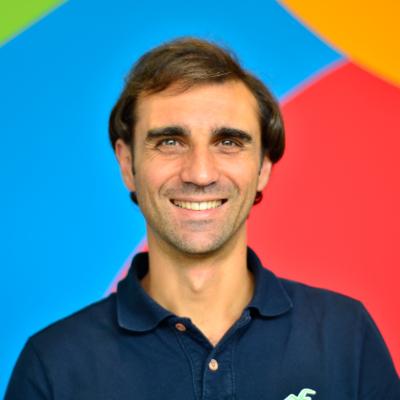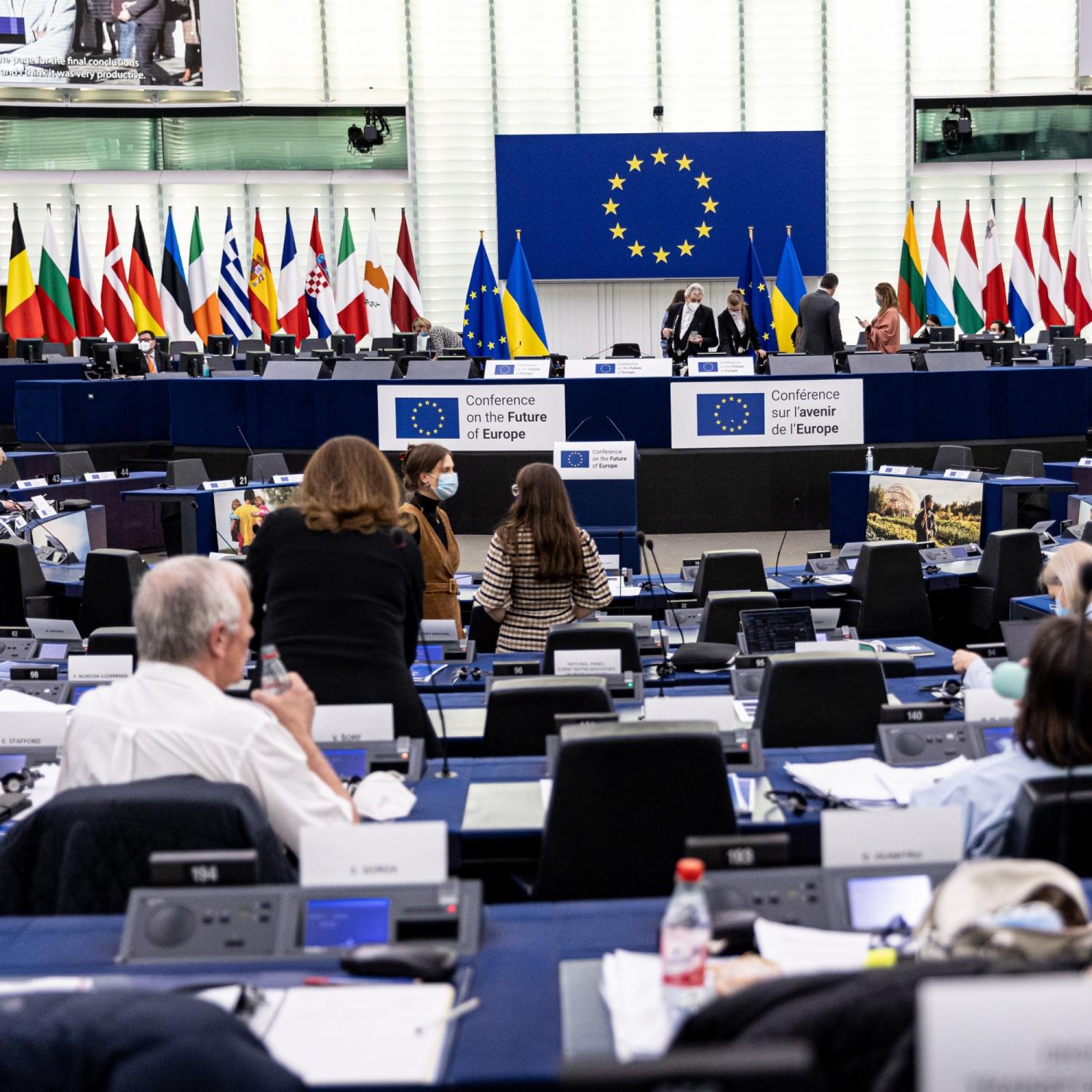New generation of Citizens' Panels
The Conference on the Future of Europe was a major participatory process jointly organised by the European Commission, the European Parliament and the Council of the European Union. It provided a unique opportunity for citizens, civil society and other stakeholders to openly share their ideas, in any of the 24 official EU languages, on what they expected from the European Union.
A dedicated web platform (https://futureu.europa.eu/en/) was set up as the main hub of the Conference, functioning as the single point for collecting all contributions from participants as well as providing all relevant information about the Conference and the many decentralised events that took place. From the launch of the Conference’s digital platform, on 19 April 2021, to the end of the Conference, on 9th May 2022, more than 5 million people visited the digital platform, and submitted close to 19.000 ideas and more than 22.000 comments. More than 6.600 events were organised.
Another important element of the Conference were the European Citizens’ Panels, which put citizens at the core of the process by asking them to produce a set of recommendations for concrete political goals and policies related to the future of the European Union. At the end of the European Citizens’ Panels, a total of 178 recommendations were put forward for consideration, which later resulted in the final 49 proposals of the Conference and the more than 300 associated measures.
The citizens participating in the Conference called for more (similar) opportunities to participate in EU policy making. This is particularly reflected in proposal 36, measure 7 (Topic of European Democracy):
Proposal 36:
Increase citizens’ participation and youth involvement in the democracy at the European Union level to develop a ‘full civic experience’ for Europeans, ensure that their voice is heard also in between elections, and that the participation is effective. That is why the most appropriate form of participation should be considered for each topic, for example by: […]
7) Holding Citizens’ assemblies periodically, on the basis of legally binding EU law. Participants must be selected randomly, with representativeness criteria, and participation should be incentivized. If needed, there will be support of experts so that assembly members have enough information for deliberation. If the outcomes are not taken on board by the institutions, this should be duly justified; […] [source]
In response, the President of the European Commission, Ursula von der Leyen, in her State of the Union address in September 2022, announced a “new generation” of citizens’ panels to consult randomly selected citizens on certain key proposals at the European level. Three new citizens’ panels are already being planned, focusing on 1) food waste, 2) virtual worlds, and 3) learning mobility. Each panel will meet three times and will have around 150 randomly selected citizens that reflect EU’s diversity. The participants will be able to communicate in their own languages with each other, thanks to the help of interpreters.
The first session of the first panel (on the topic of Food Waste) occurred on 16-18 December 2022, in Brussels. The next two sessions will take place in 20-22 January 2023 (online) and 10-12 February (in Brussels). The final outcome of this panel will be citizens’ recommendations to support the Commission’s work on food waste, including the legislative proposal to set EU food waste reduction targets. These recommendations will also serve as a guide to help Member States in achieving the future targets.
The Conference on the Future of Europe and the “new generation” of citizens’ panels represents a step change on how the Commission engages with citizens and involves them in EU policy making. They show the latest significant developments of the Commission in mainstreaming participatory practices in its work as well as in bringing EU Institutions closer to citizens. Other examples can be seen in the EU Missions in Horizon Europe and the New European Bauhaus. It is important that this work continues, with the Community of Practice of the Competence Centre on Participatory and Deliberative Democracy providing the necessary support in terms of research, best practices and network of practitioners.

